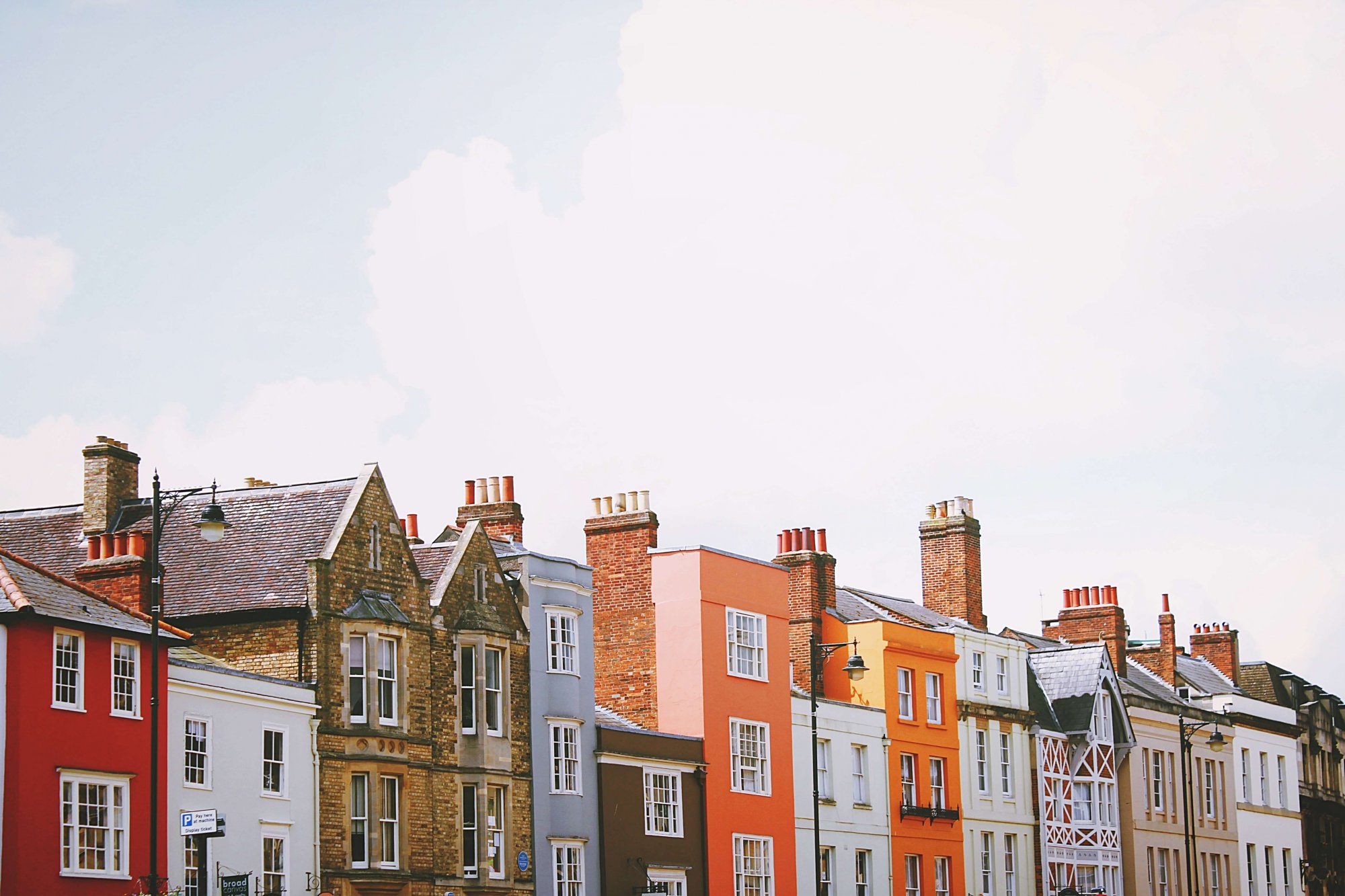If you search for the term ‘leasehold’ on Google, you may be met with horror stories from homeowners who are left frustrated by increasing ground rents and the feeling of being ‘trapped’ in their properties.
So what’s all the fuss?
In this blog, we outline the difference between leasehold and freehold, help to unfold the media interest in this topic and explain a scenario where leasehold isn’t such a bad thing…
Freehold, by definition, means that when you purchase a home, you will also own the land that it stands on. This is usually the preferred option, as it makes the legal aspect of buying/selling the property an easier process, and you’ll have no annual fees to stump up.
Leasehold, on the other hand, means that when you purchase a property, you will lease the ground that it sits on, from the person or company who owns the freehold. In this instance, you would have to pay an annual ‘ground rent’ to the freeholder, typically ranging from £20-£300 per annum.
This is nothing new. In fact, leasehold homes have been around for hundreds of years. But the practice of some house builders surrounding leaseholds has caught the media’s attention recently.
Previously, most leasehold agreements were only applied to apartments — where the ground underneath the building was shared by a number of properties — and the rent charged would typically be around £1 per year. A lot of terraced houses are also on long-term, 999 year leases with similar peppercorn rents — and this isn’t necessarily a scary or negative thing.
But in the past few years, some developers have been putting unfeasible leasehold contracts in place for new properties too. And rather than charging the nominal fee of £1, some were including clauses whereby a £300 ground rent doubled every 10 years for 50 years, leading to difficulties in people being able to sell their property.
Lots of homeowners who bought a house under a leasehold contract and found themselves in this situation, were — quite rightly — left frustrated. And so, the media frenzy ensued.
This peaked the government’s interest, and in 2017, they imposed a ban on new houses being sold as leasehold. They also set ground rents to zero for long leases on houses or flats, although it may take a while for this policy to be enforced.
However, leasehold in principle is still legally acceptable when it comes to apartments, and isn’t as scary as it might sound.
Simply put, the leasehold of a flat is a long tenancy for 99-125 years. The owner will take responsibility for everything within the four walls of their flat, whereas the freeholder will look after the exterior of the building.
They will recover the cost of this maintenance through a service charge.
This is a monthly payment to cover buildings insurance and any shared services such as heating, lifts and lighting in the common areas. This fee can range from £80-300 per month.
But don’t let this put you off purchasing an apartment if it is the right choice for you. With a well-written lease and a properly managed building, a leasehold flat should provide a perfectly good home and a secure investment.
And if you are looking into buying a flat under a leasehold agreement, then don’t forget to ask these helpful questions:
- How much is the ground rent each year?
- Who owns the freehold?
- Is there a monthly service charge and how much will it be?
- What are the responsibilities of the freeholder and leaseholder?
- Do you need permission to make any alterations to the property?
- How long is left on the lease?
The last question is important because most lenders won’t offer you a mortgage if the lease has less than 85 years left. If it’s nearing this period, then discuss this with your solicitor who will be able to advise the best steps.
This blog should begin to put your mind at ease on the whole leasehold vs. freehold debate. But if you want to check over a few things with us before you go ahead with making a decision, then get in touch with our Huddersfield-based mortgage broker and we can provide more insight in to your individual situation.
07834 818805
Your home may be repossessed if you do not keep up repayments on your mortgage.
Approval number: Sol6458

